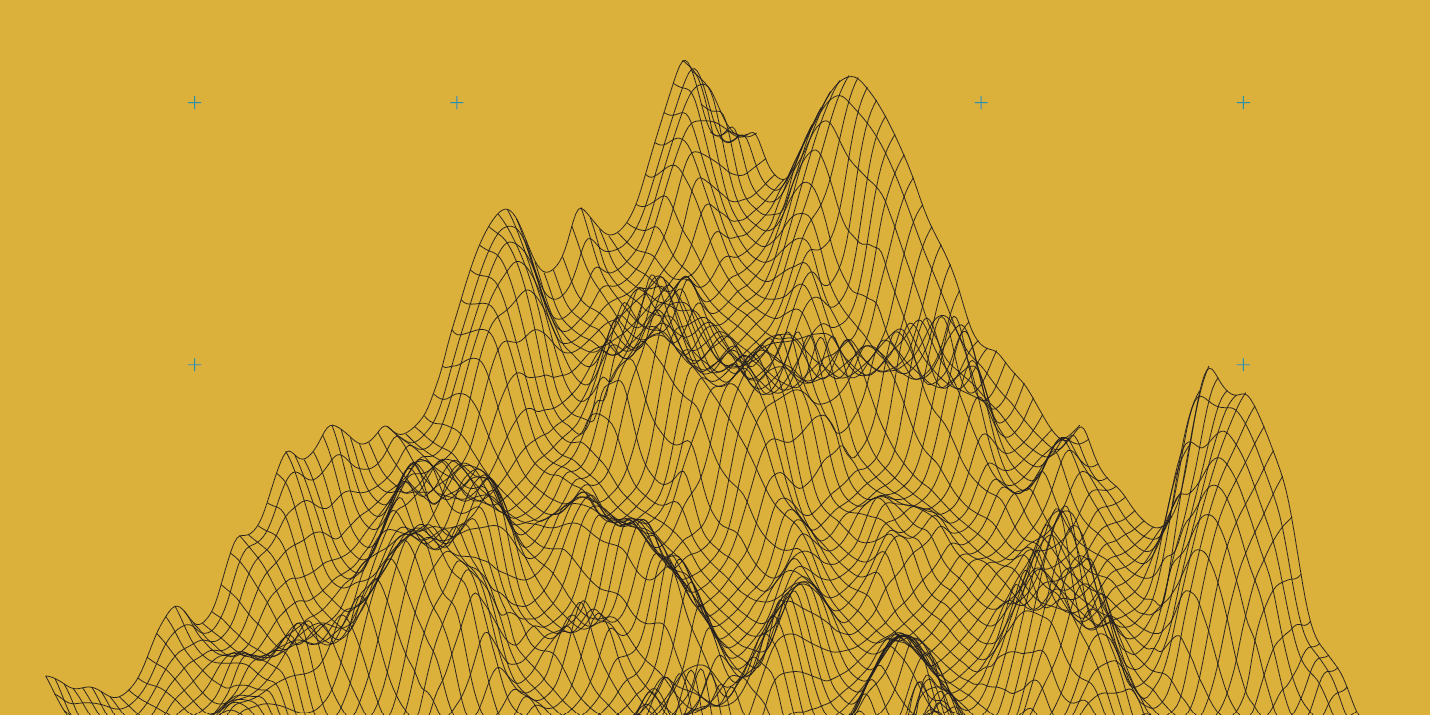
To respond to the critical existential threats that humanity is facing, scientific organizations must be robust and agile to ensure that science is strong and relevant. This is particularly true in the digital era defined by a quickly evolving landscape. This project aimed to support scientific organizations of all kinds to embark on, or to continue, their journeys towards digital maturity.
In 2022, the Secretariat of the International Science Council (ISC) embarked on a transformative digital journey. This initiative emerged from an understanding of the urgent need for an inclusive, globally-oriented membership organization to adapt to the digital transformations reshaping our professional, recreational, and daily lives across diverse communities worldwide.
Importantly, the ISC sought to involve its Members in this journey, understanding that the strength of the ISC is intrinsically linked to the robustness of its membership. A survey of the Membership led to identifying several relevant case studies where ISC Members’ learnings and journeys could be shared with others.
These lessons, collected and presented in a publication ‘Science organizations in the digital age’ will be of value to organizations at any stage of their digital journeys: just starting out or even contemplating to do so, making first steps, or well into the process. The paper also contains key questions for reflection that proved to be helpful in guiding conversations around digital transformation.
Science organizations in the digital age
The discussion paper synthesizes findings from a broad survey, detailed interviews, and case studies involving ISC Members. It serves as both a current reflection of the digital status in the science community and a guide for organizations embarking on their digital transition journeys.
View discussion paperThe work continues under a follow-up project, aiming to improve our understanding of the impact of new technologies, including AI, and to advance the capacity of STI actors in the Global South to embrace these changes and thrive in the next decade and beyond.
The project is funded through a grant of over one million Canadian dollars from the Canadian International Development Research Centre (IDRC-CRDI) to the ISC’s Centre for Science Futures.
More details on how to take part in the initiative will be released here in late 2024.
 blog
blog
 blog
blog
 publications
publications